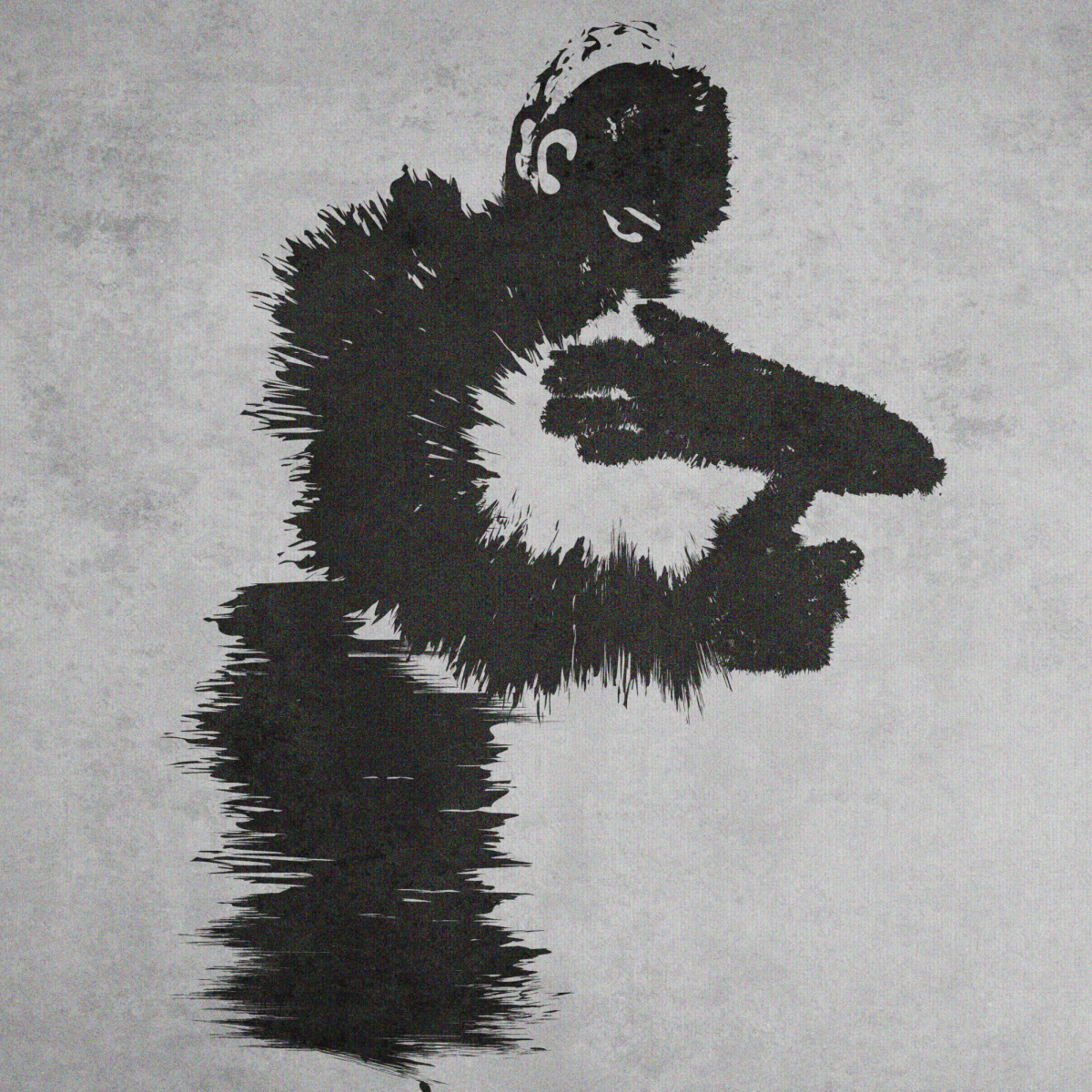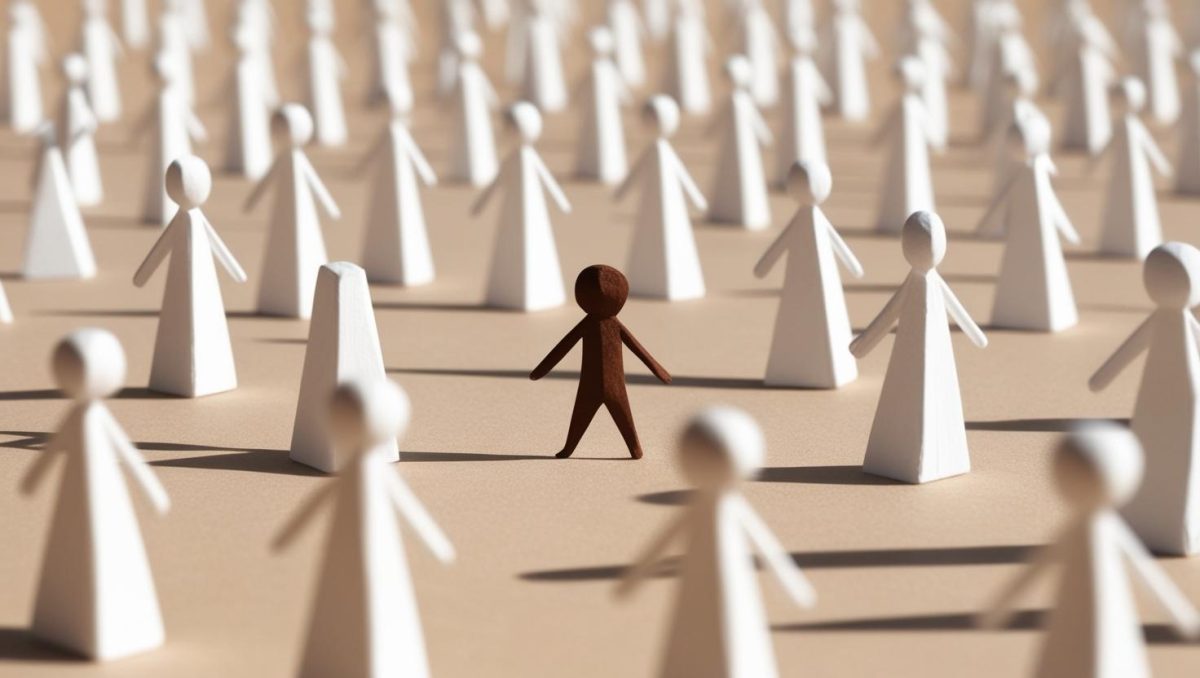Many people grow up being fed the beliefs of a certain religion, but I was not. My mother is a Jewish-Atheist and my father, an Atheist. I am also a Jewish-Atheist, which some people find confusing.
As a Jewish-Atheist, I do not consider myself religious, but appreciate and have strong ties to the traditions and culture of my Jewish background. While my family and I do not regularly attend synagogue, we do spend the Jewish holidays together and deeply respect and enjoy the rituals connected with them.
I sometimes wish that I was able to believe in the afterlife and in God. I cannot recall a single point in my life where I was faithful or spiritual.
I think that in some ways I do not experience the same level of solace, comfort and peace-of-mind that many religious individuals do.
Throughout my life, I have had multiple opportunities to explore and question my belief system, or lack thereof, but I have always had trouble discovering faith and religion.
I first started to look for an explanation to the universe and life when my dad had me watch Carl Sagan’s television series, “Cosmos.” I tried to imagine nothing existing after death, which as it turns out, is very hard to do.
I have run into multiple people who have attempted to help me find religion or educate me on it.
I can vaguely remember my parents having a discussion with my Girl Scout troop leaders about me saying “God” during the pledge of allegiance. My parents argued that I did not have to include the word while reciting the pledge. I also did not enjoy participating in “grace” at snacktime, which is a small affirmation or prayer recited before eating a meal.
In middle school, I told a religious classmate of mine that I did not believe in God and it made her tear up.
When discussing our lack of religion, my dad usually references this quote from the 1961 novel “Catch-22” by Joseph Heller: “But the God I don’t believe in is a good God, a just God, a merciful God. He’s not the mean and stupid God you make him out to be.”
I guess my translation of this quote is: I have a hard time believing that a God who allows terrible things to happen is capable of existing.
“The God I don’t believe in is a good God,” as Heller wrote.
When I was 11 years old, I traveled to Green Valley, Arizona, with my father to visit my grandfather who was dying in a hospice care facility — in-the-middle of nowhere. According to my father, he did not need to be in hospice and with the correct treatment would have lived longer.
I can specifically remember talking to my mom on the phone in front of the entrance to the facility and telling her that my grandfather was going to be okay and that he seemed like he was doing better. My father and I had already spent a few days looking after him and that was the only day he was really able to interact with us. Unfortunately, he passed away during the evening that followed my hopeful phone call with my mom.
I had never been able to believe in God and I really was not able to after that experience. I think before experiencing his death I was still hopeful that there was a protective force out there, somewhere in the universe.
My feelings were solidified with the sudden death of my uncle and one of my best friends, who died of COVID-19 in December 2020.
It felt like “God” laughed in his face and my family’s and said, “Oh, you did everything to protect yourself, did you? Too bad.”
That was a completely unforgiving experience and I felt unable to mourn his loss.
Because I was unable to imagine that he had gone off to the afterlife, I mourned his loss by surrounding myself with items he gifted to me and those I inherited after his passing: vintage shirts he gave me over the years, vinyl, a very cool oversized leather jacket (that he spent his final days in) and the CDs he would make me for my birthday.
I felt connected to him through those items and felt as if I could speak to him, at heart knowing I really could not.
My family will periodically talk about their late-friend who passed away from Lupus, an auto-immune disease. By all accounts, this woman was loved and one of the nicest people to ever exist in their presence.
Why would God let this happen? And please don’t tell me he needed another angel.
Unlike some, I have never experienced losing my religion.
Criminal justice major Nicolas Catalano grew up in a “casually religious” Catholic household and attended Sunday school as a child. He said he comes from a hardworking blue-collar family who have a good appreciation for life on Earth.
Catalano said he is lucky because all of the deaths in his family occurred within the last couple of years and his grandparents lived to old age. His grandfather passed away five years ago and he lost his grandmother two months ago.
He said the loss of his grandparents did not cause him to lose his religion, but it also did not help reinforce his faith.
“I went from praying in the morning and hoping that my grandmother was looking down on me to sort of thinking, oh…the time I spent with her was nice,” Catalano said.
At the age of around 12 or 13-years-old he began seeking explanations for the world outside of his religion and got interested in world events and politics. In high school, he started exploring the concept of absurdism, which he said is “the idea that the universe is so chaotic and meaningless that the only hope we have is to make our own meaning.”
“I personally believe that the universe is just kind of indifferent. It’s kind of a nauseating thought that nothing happens and that we don’t go anywhere because I think we want to believe that something good happens and we get to go somewhere nice and be with all our friends and family,” Catalano added. “I think people just sort of forget about you and the world lives on. The sun keeps coming up. I see it as a good thing in a way that there’s maybe no expectation.”









Michael Parvin • Nov 18, 2023 at 6:41 pm
Dear Tristan,
I admire you for growing up without God. Keep up the excellent work. I have a lot of respect for UT for promoting a wide range of real-life related issues.
And this is my two cents about God.
Everything that exists in any shape or form is defined by its attributes.
For example, water has specific properties. One of these features is that it is composed of hydrogen and oxygen. It is liquid at room temperature, freezes at low temperature, and vaporizes at high temperature. If something is called water that does not have even one of these features, then that thing cannot be water.
Now, let’s examine the claim of God’s existence with this argument.
God worshipers believe that there is a higher power with attributes including:
1- God is the creator and sustainer of the world, life, and humanity.
2- God is the creator of the laws of nature.
3- God created human beings with an eternal soul that exists independently of the body and is the essence of their existence and character.
4- God steps forward wherever “he” wants and changes the course of events.
5- God is the source of morality and values such as freedom, justice, and democracy.
Most of these attributes are traditionally related to the religions. The existence of such a god is rejected based on the logical contradictions in these attributes.
As an example, a just, powerful, and kind God is watching and witnessing the destruction of millions of innocent people and does not do anything based on “wisdom.” Can there be a more criminal than him?
If “he” does not possess the attributes attributed to him and defined by those attributes, then he does not exist.
The existence and worship of such a god are nothing but sources of deceit and hypocrisy.
By the way, I saw God. She was black!